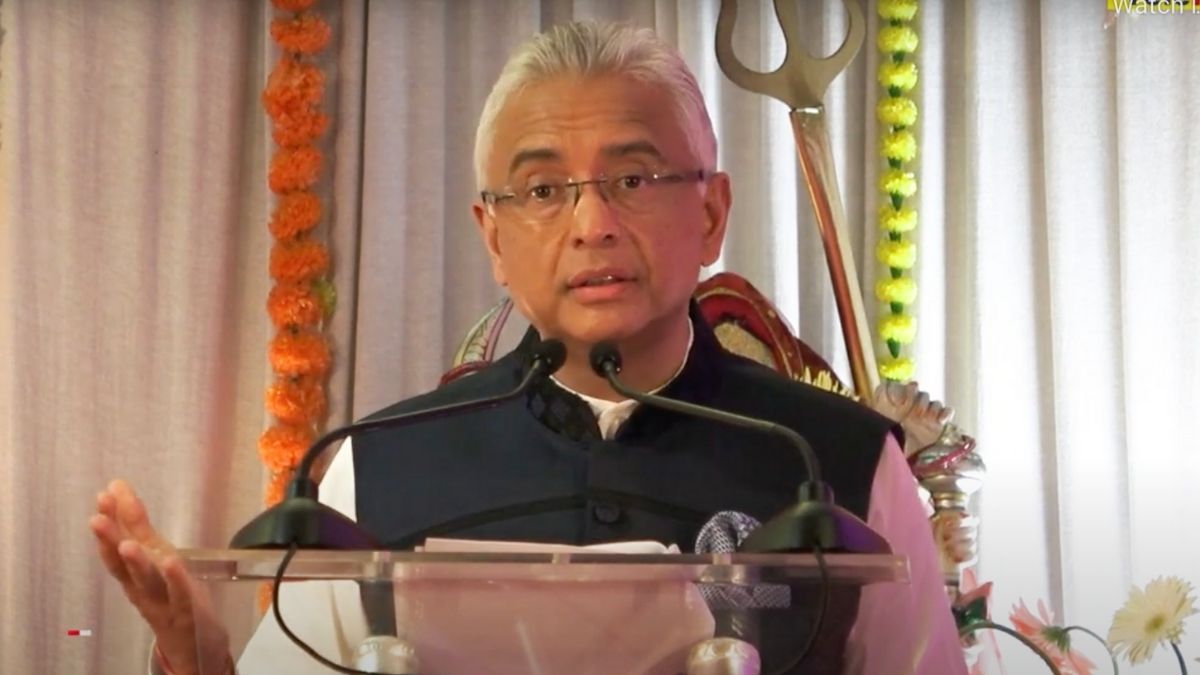PM Pravind Jugnauth has reacted for the first time on the recent fuel hikes and defended the decision by the State Trading Corporation (STC).
“We are paying 140% more for fuel. I cannot let the STC go bankrupt. I can give subsidies to some extent, but not beyond a certain point. Otherwise, it’s bankruptcy, ” he was cited as telling a religious gathering during the week-end.
He also criticised the opposition for creating uneasiness” in the country.
“If they were patriots, they would be helping us to face the situation together. Now, we see they are just a bunch of frustrated individuals,” he said.
“They want to wreak havoc in the country. We neeed to be cautious. They want another Sri Lanka.”
During the week-end, former STC director Meg Pillay claimed the “lack of competence” at the State Trading Corporation will have long-lasting consequences if not fixed urgently.
In an interview with l’Express, Pillay said that “competence has always been a major issue at the STC – the bests often ended up leaving the organisation due to heavy political interferences.”
He severely criticised the STC for having depleted the Price Stabilisation Account (PSA) – despite heavy reserves built over the years but which were allegedly not passed on to consumers.
Responding to growing criticisms, STC’s Rajiv Servansing said the entity loses between Rs350million and Rs400million per shipment offuel. He claimed the global fuel market is “very volatile and the IMF has announced a global recession.”
He defended the STC against allegations of collection of “excessive” taxes.
“The STC does not benefit from any of these taxes. All the money collected goes to the
intended funds.”
Ex-Prime Minister and Labour Party leader, Dr Navin Ramgoolam, joined the fray urging the current government to reverse all taxes imposed on fuel.
“Why still collecting Rs0.65 litre for storage facilities in Mer Rouge that are already completed?”
He added that over Rs500million were collected from the Rs 2/litre for COVID-19 vaccine, when most of the vaccines were received as gift.












